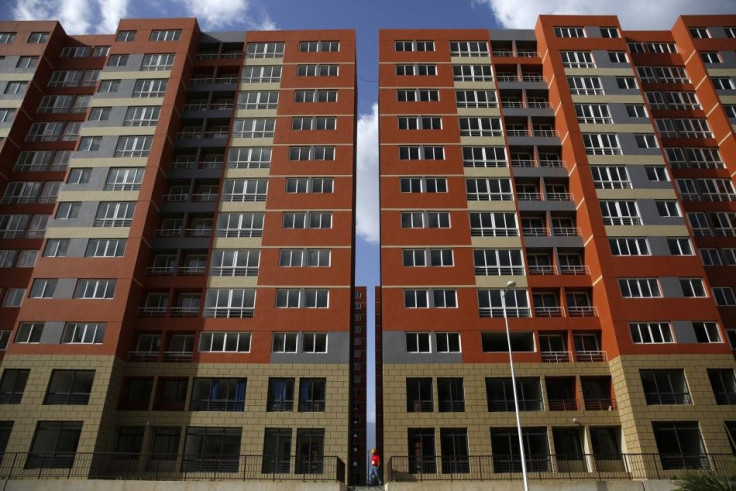Canada Housing Affordability Improves: Toronto, Vancouver Properties Most Pricey

In Canada, the property markets of Toronto and Vancouver continue to be highly priced. The hot competition for properties is scuttling the dream of home for most buyers despite a marginal relief in the house prices for the quarter. Vancouver saw sky-high prices, especially for single family homes, CBC.Ca News reported.
But an overall rebound in the housing market was a significant development. There was the biggest drop in fixed mortgage rates in four years and increased the affordability of properties. This gave the Canadian housing market a boost of extra energy.
RBC's Housing Trends
In the second quarter of 2014, mortgage rates dropped, according to a report from RBC. Irrespective of the fluctuating prices, homes became affordable in nearly every market across Canada, according to RBC's Housing Trends and Affordability Report.
Most cities saw housing affordability remaining around historic averages. Many new buyers in the quarter experienced lower fixed-rate mortgages than a year ago as a result of banks reacting to falling bond yields.
But the situation need not be permanent, RBC warned. Long-term rates moved in the later part of 2014 in anticipation of the Bank of Canada's move to tighten policy in 2015. There was concern that rising rates would erode affordability across Canada and push down the demand.
Craig Wright, senior vice-president and chief economist, said he would expect a slow rise in rates that will lead to a soft landing for housing.
Wright said in a statement that any rise rates will be gradual and is unlikely to unhinge overall affordability levels. He expects a cooling in activity, not a crash.
Strong Gain
Wright pointed out that the rebound in sales activity in May and June resulted in a 9.4 per cent seasonally adjusted growth in the volume of sales for the quarter. It was the strongest quarterly gain in the last four years.
Canadian housing economist Will Dunning also told the Globe and Mail that the risk of a housing crash is negligible. This is because any sustained increase in mortgage interest rates will not be very high.
The RBC Housing Affordability measure, compiled since 1985, calculates costs of owning a detached bungalow at market value and is also used in measuring the cost of condos and two-storey homes.






